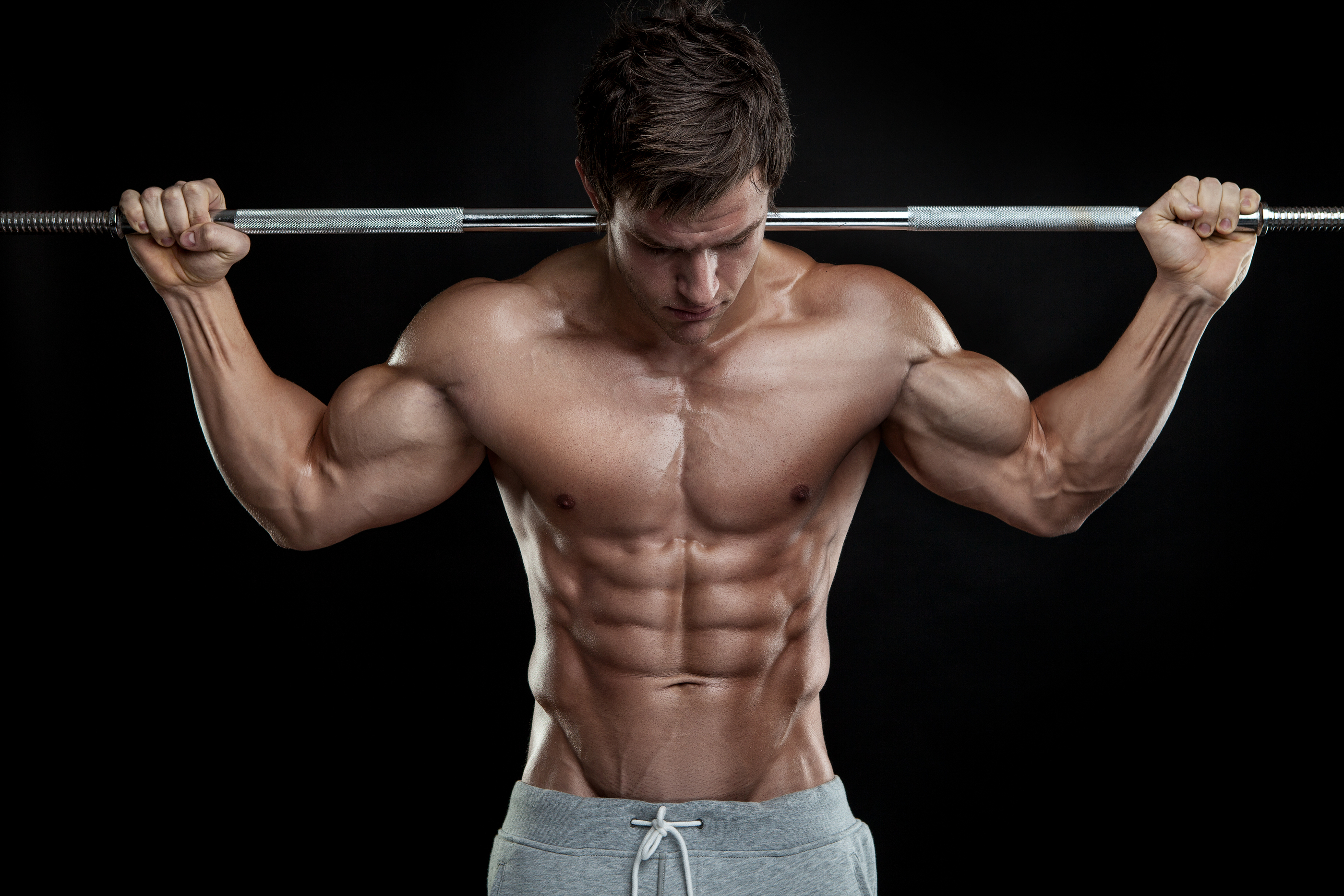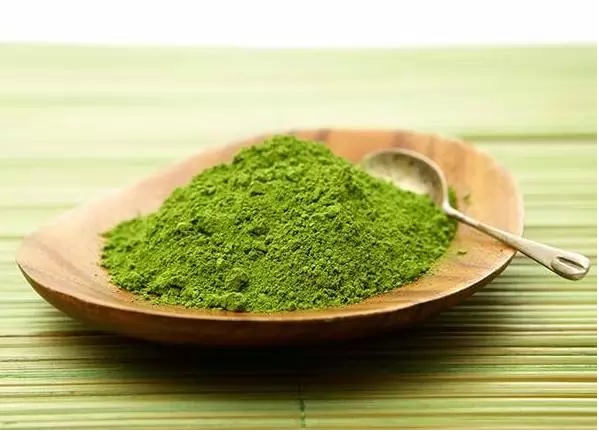Plant-based diets suit a variety of health and fitness goals. And if you plan them right, they can even help with building more muscle – something that most vegans struggle with.
Does it mean you can build more muscle with only plant-based foods? Precisely, and our guide will share everything you need to know to make this work.
You Can Build Muscle Without Animal Source Foods
Animal source foods provide an abundant supply of animal proteins. These proteins are complete, containing all nine essential amino acids the body can’t make on its own. As a result, animal proteins have more amino acids to contribute to protein synthesis and can help build muscle faster.
Likewise, the prevailing majority of plant-based proteins aren’t complete and are usually deficient in one or more essential amino acids. For example, pea protein is a decent plant-based source of most essential amino acids. But since its methionine content is low, it doesn’t make for a complete protein.
Luckily, you can combine various plant-based proteins to make up for this. For instance, brown rice is rich in methionine and helps replenish the lack of this amino acid in pea protein. In return, pea protein comes with a wealth of lysine – an essential amino acid that brown rice is low in.
As you see, plant-based foods can easily serve as a sole source of protein in a vegan diet. As long as you choose them well and combine them in a thoughtful way. With this in mind, let’s explore the best plant-based proteins and foods that can help vegans build muscle.
Get Plenty of Plant-Based Proteins and Protein-Rich Foods
Getting enough high-quality protein from your vegan diet holds key to packing on muscle. Not all sources of plant-based protein, however, are equally effective. And there’s only so much food you can eat in a day.
It pays to focus on the best plant-based proteins and protein-rich foods:
- Pea protein Hypoallergenic and rich in iron, pea protein contains all nine essential amino acids that the body can’t produce by itself. Its only downside is its relatively low content of methionine – an essential amino acid that aids in cellular protein synthesis.
- Brown rice protein Like pea protein, brown rice protein is also free of allergens and supplies all nine essential amino acids as well. Brown rice protein, however, is low in lysine – an essential amino acid that supports muscle growth and other vital functions.
- Hemp protein With its amino acid profile similar to soy protein and egg whites, hemp protein has all nine essential amino acids. Like brown rice protein, though, hemp protein has low lysine content and works better along with pea protein.
- Soy protein One of the few complete plant-based proteins, soy protein comes with all nine essential amino acids. Soy protein must come as an isolate and from organic and fermented soy to minimize the soy’s potential adverse effects.
- Nuts Full of vitamins, minerals, and healthy fats, nuts like almonds, walnuts, and hazelnuts make for a protein-rich powerhouse.
- Seeds Like nuts, seeds like pumpkin, sunflower, and chia seeds are rich in high-quality protein, beneficial fats, and micronutrients.
There are many other decent plant-based sources of protein for building muscle as a vegan, including quinoa, legumes, and potatoes. We’ve covered only a handful of the most potent and common ones.
Building muscle as a vegan isn’t just about getting enough protein, though.
Support Protein Synthesis and Anabolism with Key Components
Getting enough protein from high-quality plant-based foods is only half the battle when it comes to building muscle. The other half is making sure your body can use all the protein you consume for protein synthesis. As well as keeping your body in the anabolic mode most of the time.
To achieve this, make sure your diet delivers plenty of:
- Magnesium and zinc While magnesium supports protein synthesis, zinc boosts the production of anabolic hormones. Both are instrumental in building muscle. And both are usually in short supply in vegan diets.
- Electrolytes Without essential electrolytes such as calcium, potassium, and sodium, proper muscle function becomes impossible.
- B vitamins From protein metabolism to muscle repair, B vitamins help build muscle in a variety of ways.
- Vitamins A and D These key vitamins boost the production of testosterone and other anabolic hormones. Both of them are fat-soluble and abundant in animal source foods. Which is why most vegans miss out on them.
- Vitamins C and E By reducing oxidative stress on the muscles, vitamins C and E help maintain muscle and expedite muscle recovery.
- Digestive enzymes Most plant-based proteins don’t digest quickly, which makes digestive enzymes from foods like kefir and sauerkraut crucial for protein absorption.
Keeping these in check will help your body make the most of the protein you consume. There are more factors you can leverage, though, to build muscle as a vegan.
Take Advantage of Other Factors that Build Muscle
As a vegan trying to build muscle, you’ll be wise to make use of:
- Vegan supplements It’s no secret that high-quality protein, meal replacement, BCAA, and creatine supplements help build muscle. And they’re all available in cruelty-free versions.
- Frequent meals Eating smaller nutrient-dense meals more frequently helps maintain steady blood sugar levels, promoting anabolism.
- Proper hydration Water makes for over 70% of muscle tissue. That’s why dehydration and gaining muscle don’t go along well.
- Healthy carbs and fats By giving the body fuel to run on, healthy carbs and fats prevent the body from using muscle for energy.
Harnessing these factors is key to building muscle on a plant-based diet as fast as possible. here does that leave us?
Nutrition Matters but It’s Not All That Counts
Muscle building is at the mercy of many factors. And diet is only one of them. Your training program, sleep, and genetics have a profound influence on how much muscle you can build with plant-based foods.




